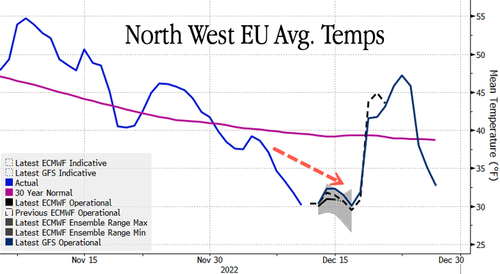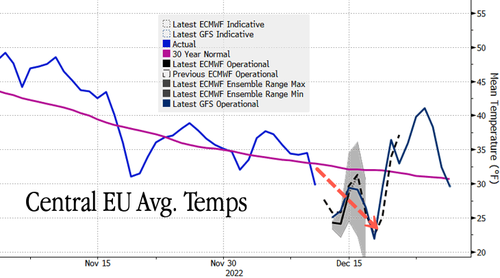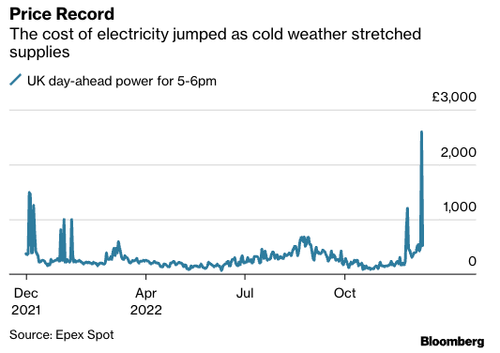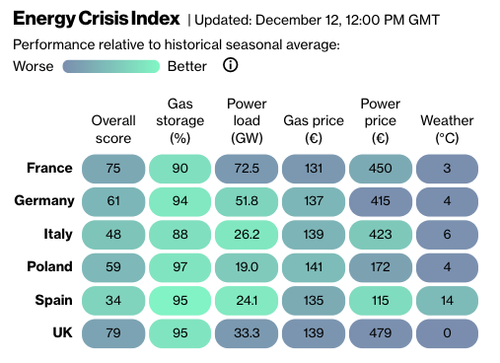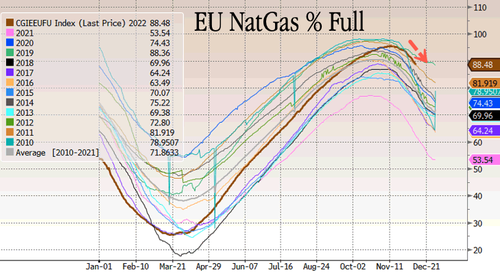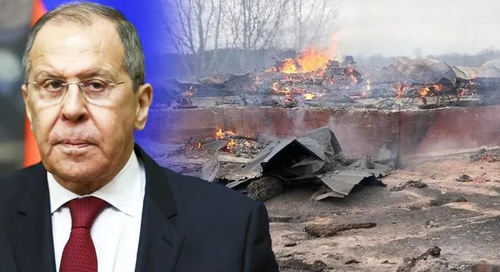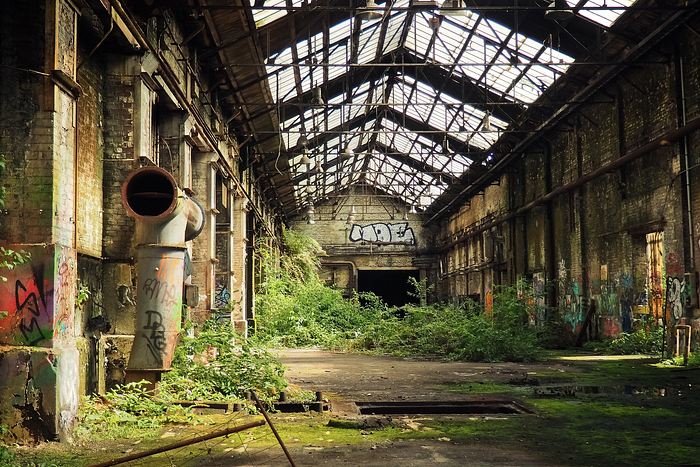Europe has a long history that goes back to when the ice sheets retreated at the end of the last ice age, some 10,000 years ago. At that time, our remote ancestors moved into a pristine land, cultivated it, built villages, roads, and cities. They traveled, migrated, fought each other, created cultures, built temples, fortresses, and palaces. On the Southern coast of Europe, a lively network of commercial exchanges emerged, made possible by maritime transportation over the Mediterranean Sea. Out of this network, the Greek civilization was born, and then the Roman Empire appeared around the end of the first millennium BCE. It included most of Western Europe. (image from ESA)
As all empires do, the Roman Empire went through its cycle of glory and decline. In the 5th century AD, as Europe entered the Middle Ages, the Empire had disappeared except as a memory of past greatness. In the following centuries, the population of Western Europe declined to a historical minimum, maybe less than 20 million people. Europe became a land of thick forests, portentous ruins, small villages, and petty warlords fighting each other. No one could have imagined that, centuries later, Europeans would become the dominators of the world.
…click on the above link to read the rest…




